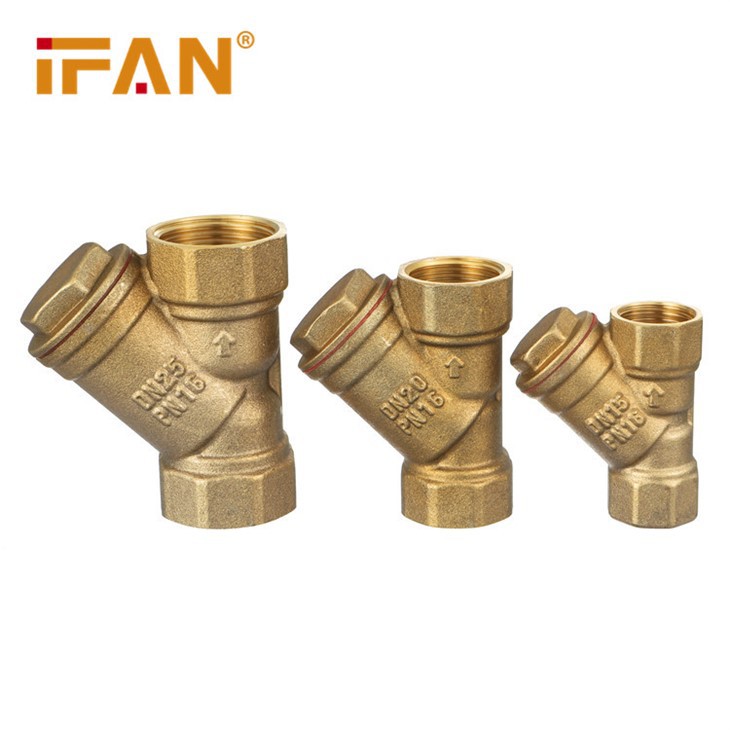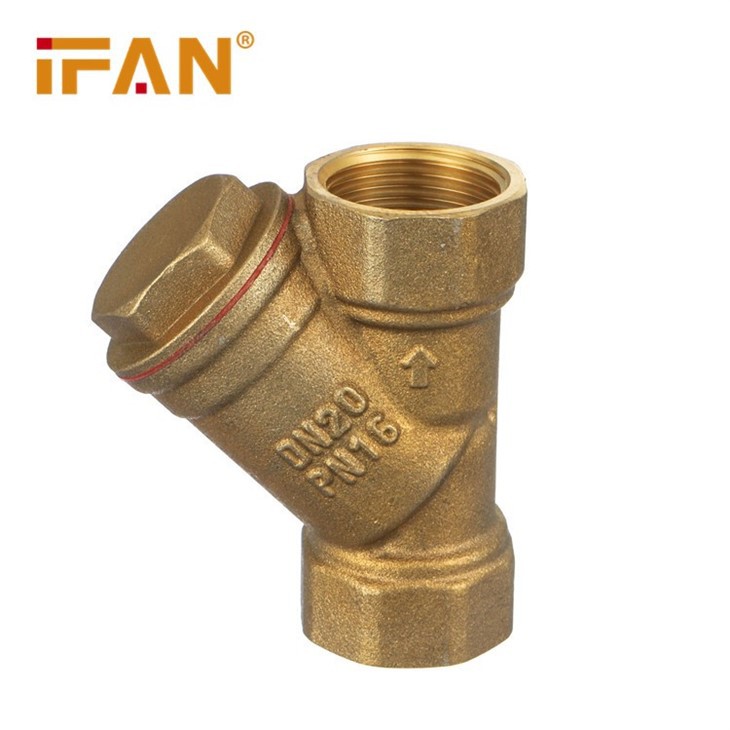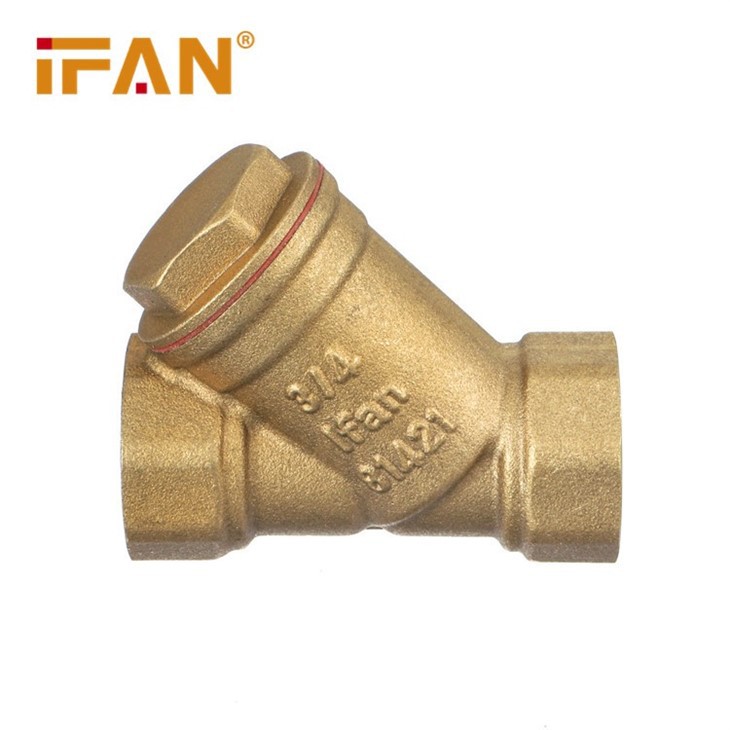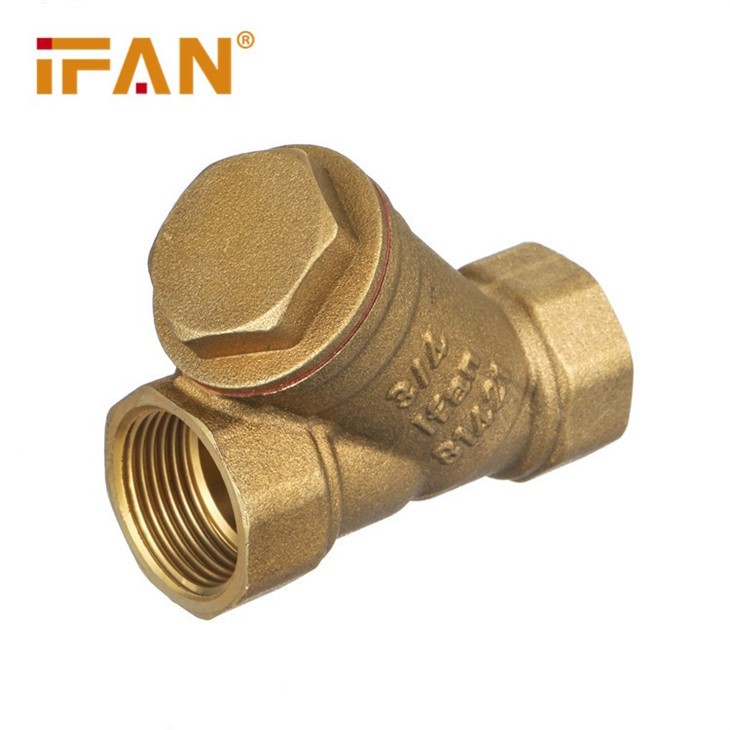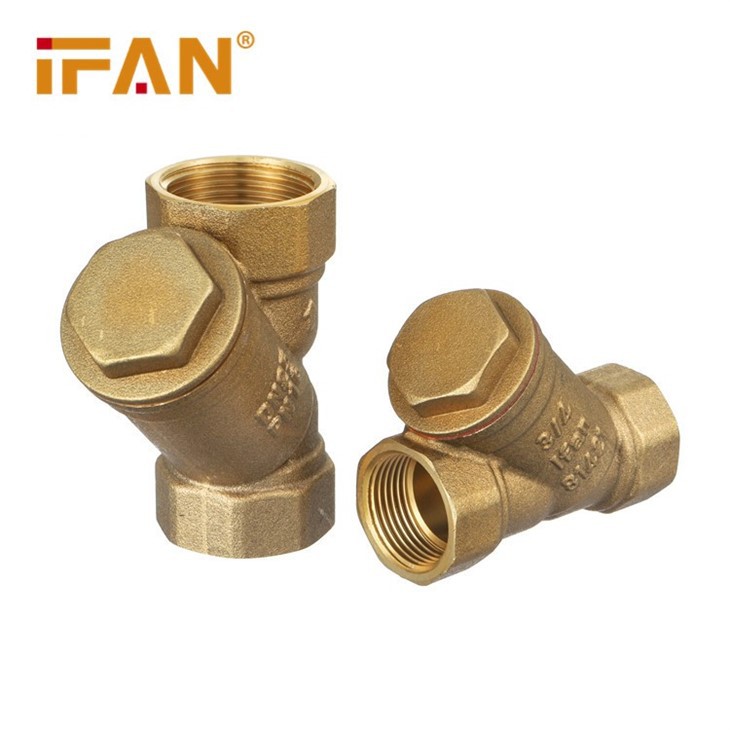IFAN Filter Valves
Function and Principles of Filtration Valves: Ensuring Efficient Fluid Control
Introduction:
Filtration valves are indispensable components in fluid control systems, designed to enhance the quality and integrity of liquids and gases by removing solid particles, contaminants, and impurities. This article delves into the fundamental function and principles behind filtration valves, shedding light on their crucial role in maintaining fluid purity and system efficiency.
Filtration Valve Function:
Filtration valves are engineered to perform the dual function of regulating fluid flow while simultaneously purifying the fluid by capturing unwanted particulates. These valves are strategically positioned within pipelines and systems to intercept debris before they reach sensitive components, ensuring optimal performance and preventing damage.

Principles of Filtration:
The core principle of filtration valves is based on the mechanics of separation through a porous medium. As fluid passes through the valve, a filtration element such as a screen, mesh, or cartridge captures particles larger than a specified size. The remaining filtered fluid continues its intended path, while the trapped contaminants accumulate on the filtration element.
Types of Filtration Valves:
Filtration valves are available in various configurations to cater to diverse applications. The commonly employed types include Y-strainers, basket strainers, duplex strainers, and automatic self-cleaning filters. Each type employs specific mechanisms and designs to achieve efficient particle removal.

Particle Retention Mechanisms:
Filtration valves utilize different methods to retain particles. In Y-strainers and basket strainers, particles are captured within the strainer's body, while in self-cleaning filters, a backwashing process dislodges accumulated particles. The choice of mechanism depends on factors such as particle size, fluid viscosity, and maintenance requirements.
Benefits of Filtration Valves:
The role of filtration valves extends beyond preserving fluid purity. By preventing particles from entering downstream equipment, these valves enhance equipment longevity and operational efficiency. They are vital in industries such as water treatment, oil and gas, pharmaceuticals, and food processing, where the quality of fluids directly impacts the end product and system reliability.

Application Considerations:
When selecting filtration valves, factors such as particle size, flow rate, pressure, fluid compatibility, and maintenance ease must be evaluated. The choice of valve type and filtration level depends on the specific requirements of the application.
Conclusion:
Filtration valves play a pivotal role in fluid control systems by combining fluid regulation and purification functions. Through the principles of mechanical separation, these valves effectively remove contaminants and particulates, safeguarding the integrity of downstream equipment and ensuring the quality of end products. The selection of appropriate filtration valves not only contributes to fluid purity but also optimizes system performance and minimizes maintenance efforts.
Hot Tags: ifan filter valves, China, suppliers, manufacturers, factory, wholesale, cheap, discount, low price, in stock, free sample,
Send Inquiry





